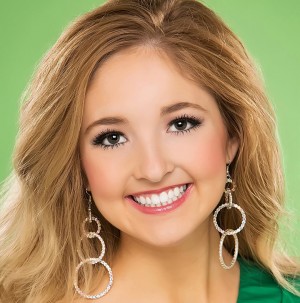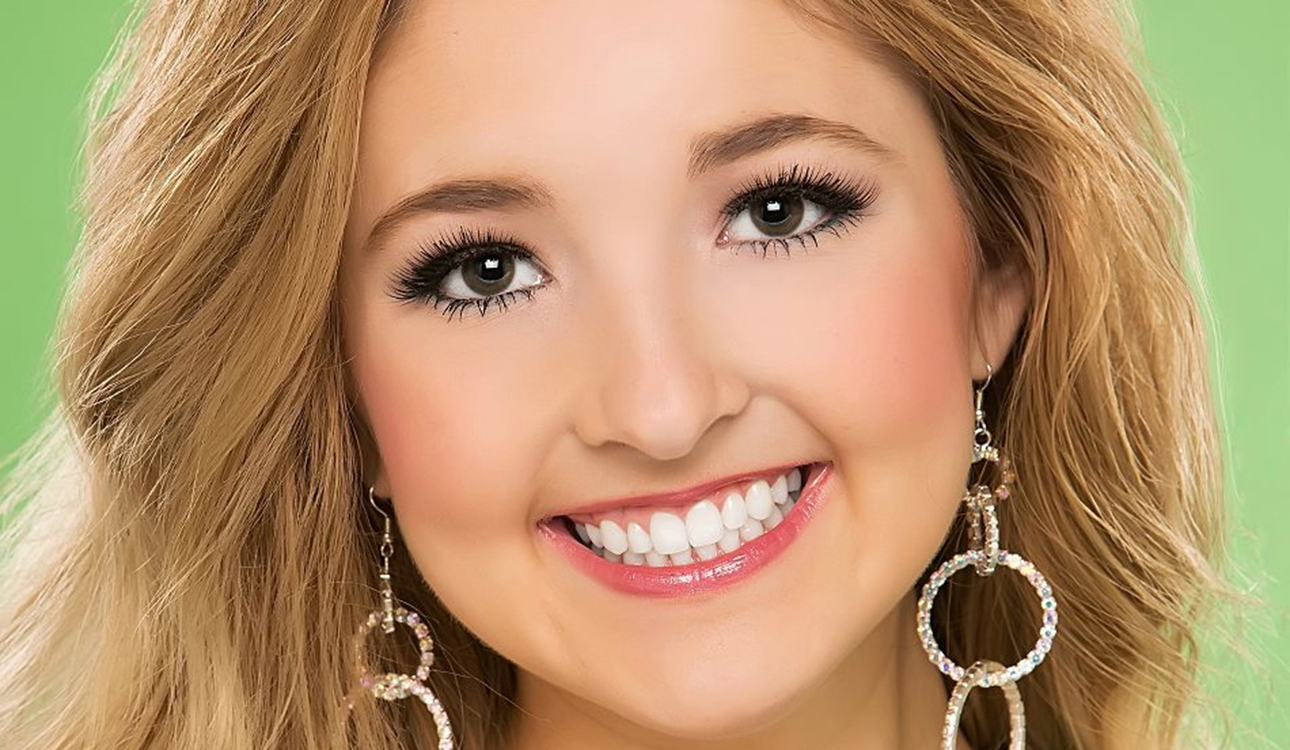
Reporter
Behind all of the hopes for world peace, lack of geographical knowledge, iconic brain blunders and glitzy garb, there may be a lot more to pageant women than what commonly meets the eye.
Southlake freshman Brittany Tew, 18, is the recipient of a full-ride academic Baylor scholarship, a published children’s author, and an accomplished ventriloquist, pianist, scholar and pageant girl.
“A lot of people have common, cliché platforms they call their own in pageant competitions,” Tew said. “You know, the stereotypical ones people would think of, like world peace and poverty. And those are wonderful causes, don’t get me wrong. But my platform is personal to me, and it is my strength in competition.”
With self-professed confidence, Tew said her motivation does not come from her looks, but rather, the power she gained in overcoming a life-altering adversity.
Over a cup of White Fang at Common Grounds, she discussed life, school and her take on pageantry.
Q: So, why do you do this – pageants?
A: I do pageants in the Miss America Organization because I really believe in what the organization stands for. Most people don’t know this, but there are four points in the Miss America crown that each represent what it means to have the title – style, success, scholarship and service. And I feel that I really connect with those four things on a personal level.
Q: In an interview with CBS-Dallas News a few years ago for the Texans with Character segment, you talked about the importance of overcoming adversity. Tell me a little bit about why you believe overcoming adversity is so empowering and how it has affected your life.
A: I witnessed two of my siblings die at two different periods of my life: Once when I was in middle school and again when I first got to high school. Both siblings suffered from a rare, untreatable variation of a brain disorder called Luekodystrophy, which is a term for a group of rare disorders involving the deterioration of white matter in the brain. There is no known cure, and my sisters suffered from a type of Luekodystrophy that made them the 30th and 32nd cases ever known. My mother also developed a brain tumor from stress and had only a 40 percent chance of coming out of surgery. She did survive, but not only did I have to watch two siblings pass away two different times, but I also remember my mom writing us letters. I remember saying goodbye to her. It’s really traumatic to experience these sorts of things at such a young age, and it changed my life. There will always be hard days, like April 2, the day Caroline died.
But I feel like everyone will experience tragedy in some form or fashion in their life. When someone goes through something tragic, you can either be better or bitter after the fact. And I feel like having the skills to overcome tragedy can help you to become a better person. You can tell people get weighted down by life. But I say, rise up to be your best out of the tragedy.
Triumphing over tragedy has been my platform over the past five years in competitions and in life in general.
Q: Where do you draw your inspiration and strength to do this type of high-pressure pageant competing?
A: Well, my platform is my strength and inspiration — triumphing over tragedy. When I was Teen Southlake I was talking to my public relations director, and we were trying to find a way to tell my story about death to explain it to elementary kids. So, I decided that I was going to write a children’s book through Amazon. And now I am working on a second children’s book. My manuscript is due in May, and I am looking to publish through Lifeway Christian this time.
Q: Throughout your pageant experiences, have you noticed any consistent patterns in the way they are conducted? Do they all look for the same ‘it’ girl figure?
A: All pageants have the same phases, from the local to state and national levels. What most people don’t know is that there is actually a 10-minute private interview with the judge’s panel before the actual pageant begins, and they can ask you any question in the world regarding any topic. So, it is important to be well-versed and up-to-speed on current events and public policy is a big one.
But, what you guys see is what happens after this interview phase. After this is the opening number, then comes the on-stage question, bikini competition, talent portion and finally evening gown competition.
Another thing a lot of people don’t know is that the bikinis we wear are actually glued on so that there are no mishaps. Contrary to what a lot of people think, the skinniest girl doesn’t always win. I mean, as you can see, I’m not stick thin. The Miss America Organization definitely promotes a healthy lifestyle.
Q: Do you find pageant judgment to be fair?
A: To some degree, I do. What they always tell us at the different orientations is that whoever wins the crown on a given day could be different, because it is a very subjective sport. I feel like every judge’s dynamic is different and looking for something in particular.
Q: What does the life of a winner of a major title look like after the competition is over?
A: After the pageant, you don’t see that it really is a job. It’s kind of weird, but the pageants themselves are what I consider to be an abnormal way for a job interview. For example, since I won Miss White Settlement this year, I am driving back to White Settlement to do an appearance at the chamber of commerce. You have to do things like this as a title winner – represent the organization when you are requested and things like that.
Q: So, you left high school a year early and came to Baylor on a full academic scholarship – were you considering any other universities before enrolling at Baylor?
A: Yes. I was accepted at Pepperdine and Harvard, but turned them both down to come to Baylor. I am actually on the eight-year track to Baylor Med School. I want to be a pediatric neurologist with a specialized focus on rare brain diseases and disorders.
Q: Do you think your experiences in pageant competition will benefit you in the future?
A: Absolutely. I have actually learned a lot about the importance of being able to communicate your position on issues, ideas and perspectives clearly. Obviously communication is something you will need to be able to do no matter which field you end up in. Pageants have really helped me with this skill in particular.
Q: What is next for you in the pageant world?
A: I have won five titles in all. I was the youngest contestant for Miss Texas last year, but they told me that I needed to appear more mature to have a shot at winning the title. So, for my talent this year I will be performing piano instead of a ventriloquism act. I do have a team of about 20 people helping me to prepare for Miss Texas this year, including my hair and nail sponsors, photographers, and my nutritionist and trainer. I am also working with a designer to design my own evening gown, so that’s exciting for me too.






